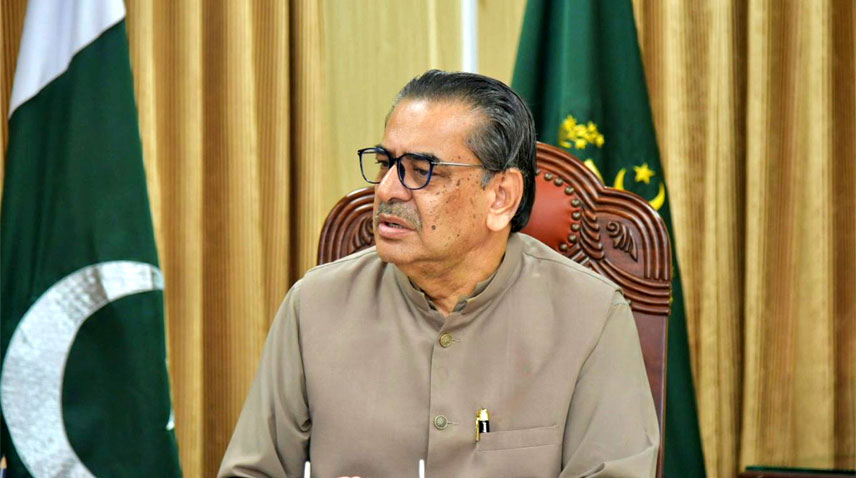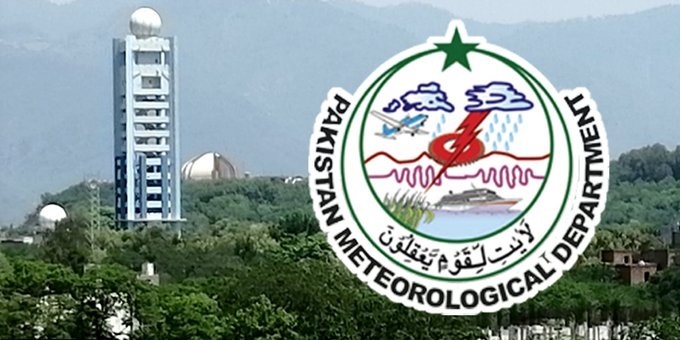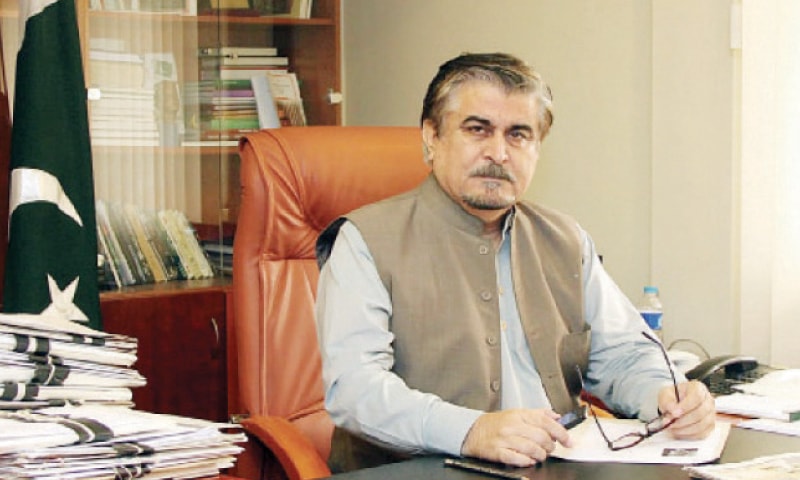ISLAMABAD, Jul 25 (APP): The Food and Agriculture Organization (FAO) has issued a call for immediate regional action to tackle rising cases of avian influenza in the Asia-Pacific region.
This urgent appeal came after a consultation of regional experts in Bangkok, supported by USAID and the CDC, said a press release issued here Thursday.
The recent developments are worrying and thirteen new human cases of avian influenza have emerged in Cambodia, with additional cases reported in China and Vietnam since late 2023.
Complicating the situation is a new variant of the virus, posing new challenges for scientists, public health officials, and communities.
The highly pathogenic H5N1 avian influenza virus has now spread more widely than ever, reaching South America and Antarctica. It is also infecting new species, including scavengers, marine mammals, carnivorous pets, farmed fur animals, and recently, dairy cattle.
Areas like the Greater Mekong Subregion, Indonesia and the Philippines are under increased scrutiny due to their diverse ecosystems and limited biosecurity measures. While Thailand and Myanmar have not reported outbreaks in years, India, Nepal, and Bangladesh are currently battling outbreaks.
“The recent surge in avian influenza outbreaks is deeply concerning,” said Kachen Wongsathapornchai, Regional Manager of the FAO’s Emergency Centre for Transboundary Animal Diseases. “Since late 2023, we have seen an increase in human cases and the virus spreading to new animal species. The emergence of new A/H5N1 strains, which are more easily transmissible, raises the pandemic threat. Immediate, coordinated preventive measures are essential.”
The FAO stresses the need for a unified response. Member Nations must implement comprehensive surveillance systems, including full genome sequencing, to track the virus’s spread and evolution. Rapid diagnostics and bioinformatics capacity are crucial for analyzing virus data. Enhanced cross-sectoral data sharing is vital for a holistic approach to disease management.
Governments, international organizations and the private sector must collaborate and share information transparently and promptly to devise effective containment strategies. Strengthening biosafety and biosecurity measures in the poultry industry is imperative, including vaccination strategies and promoting good farming practices. Public awareness is essential to reduce the risk of transmission from sick or dead poultry to humans and ensure timely treatment for those with symptoms.
With support from USAID, FAO is working with 13 Member Nations and partners in Asia and the Pacific to enhance animal health and One Health capacities, aiming to improve prevention, detection, and response to health threats at the human-animal-environment interface.
As avian influenza cases rise and new variants emerge, the Asia-Pacific region faces a critical challenge. Swift, coordinated action is required to mitigate the threat and protect both human and animal health. Through collective efforts and transparent information sharing, Member Nations can work towards a more secure and resilient future.














